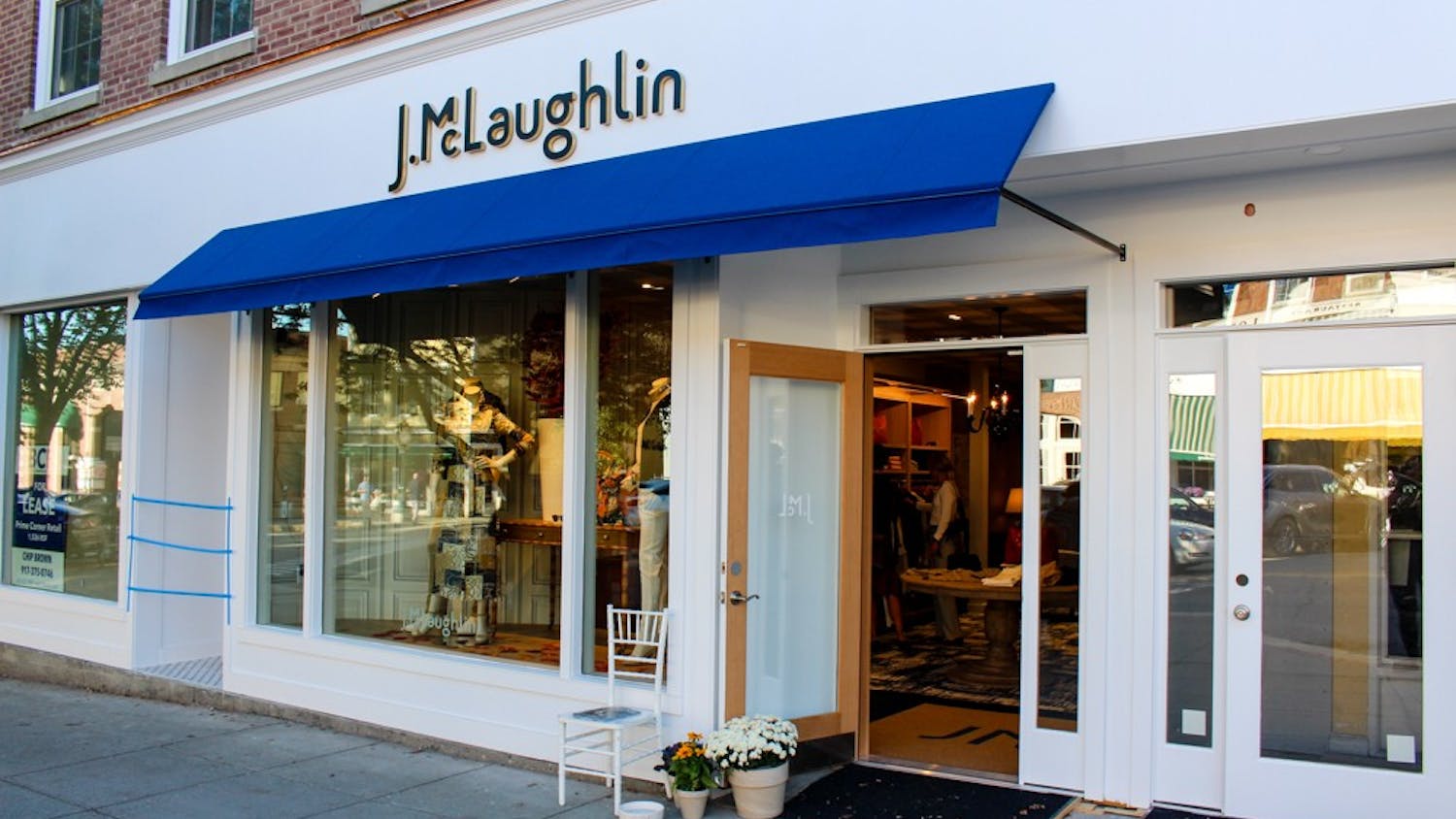Ahead of a spring 2020 deadline, the Hanover Co-op will phase out plastic shopping bags at checkout by the end of the month. This decision, first announced in March 2019, comes as part of a broader set of sustainability initiatives undertaken by the Co-op.
“It’s most definitely time,” said Lorraine Durst, a Hanover resident and frequent customer at the Co-op. “I’ve had these [reusable] bags for years and always thought plastic bags didn’t make a lot of sense.”
Beginning Feb. 1, customers at checkout will have the option to bring their own reusable bags or use paper bags. Cardboard boxes will also be available upon request.
“I’m very excited for this change, and I think it’s reflective of more of society and more businesses finally starting to contribute to helping save the environment,” said Julia Luo ’23, a self-proclaimed frequent Co-op customer. She explained that because her home state of California has already banned plastic bags, she has made a habit of not using them when shopping.
The Co-op has also worked in conjunction with Dartmouth-Hitchcock Medical Center to create reusable “circular blue” bags, made from re-purposed material initially used to protect sterilized equipment, according to Hanover Co-op director of public and government affairs Allan Reetz. The Co-op will sell these circular blue bags for a discounted price to ease the transition away from plastic bags.
“We wanted to say that if we make the change, what should we do instead,” Reetz said. “We wanted to consider what the options are for people and try to help because people still have to carry groceries out of the store.”
Reetz said the Co-op has received mixed consumer response so far. While some customers have expressed appreciation for the Co-op’s regard for sustainability, others feel that Co-op plastic bags had many uses beyond carrying groceries, including cleaning cat litter. Others also raised concerns about the lack of handles on the paper bags. Though the Co-op explored the option of offering paper bags with handles, they found them too costly, especially considering that in the past year, the Co-op went through approximately 1.2 million bags, according to Reetz.
“We understood that environmentally, regardless of how much people loved the bags to use for different things, we felt we really needed to start to look for alternatives as simply the right thing to do,” Reetz said.
This plastic-free initiative came in part as a response to new legislation limiting the use of plastic bags introduced in the state legislatures of both New Hampshire and Vermont, both states in which the Co-op has stores.
“I think we see legislative changes coming, and we said, ‘You know what? Let’s just take the step that we’ve been looking at,’” Reetz said. “We know the time is right and just do it whether the law says we should or not.”
Reetz said phasing out plastic bags is part of a broader Co-op sustainability initiative. As a part of the initiative, the Co-op is also participating in the Environmental Protection Agency’s GreenChill program. Conventional refrigerants can cause emissions that lead to ozone depletion, and through GreenChill, the EPA works with food retailers such as the Co-op to revamp refrigeration infrastructure and reduce emissions.
Reetz added that the Co-op now has one of the “lowest emission rates of grocers and GreenChill partners” in the country.
On the consumer end, the Co-op also plans to start a coffee mug trade-in program this February. Disposable to-go coffee cups that many retailers use are often lined with plastic, rendering them non-recyclable, said member education manager Emily Rogers.
“Just thinking of all the different businesses in the Upper Valley that sell coffee, there’s large amounts of coffee cups that go into the landfill,” Rogers said.
To approach this issue, the Co-op signed up for the HuskeeSwap program, in which consumers can trade in used mugs for clean ones when purchasing coffee at any participating businesses. In the Upper Valley, these businesses currently include the Co-op and Lucky’s Coffee Garage.
“We were thinking that we could help ... to alleviate the barriers to reuse,” Rogers said. “Not everyone brings in their own to-go coffee mugs, and the barrier is often convenience.”
Correction appended (Jan. 16, 2020): This article originally stated that starting Feb. 1, customers at the Hanover Co-op can purchase paper bags at 10 cents each. However, customers in Hanover will not be charged a per-bag fee; the state of Vermont does have a per-bag fee for retailers that will affect the Co-op's White River Junction store starting in July. Additionally, the photograph for this article was originally labeled as a "Staff Photo," but it was taken by Greg Hubbard and provided to The Dartmouth courtesy of the Hanover Co-op.




